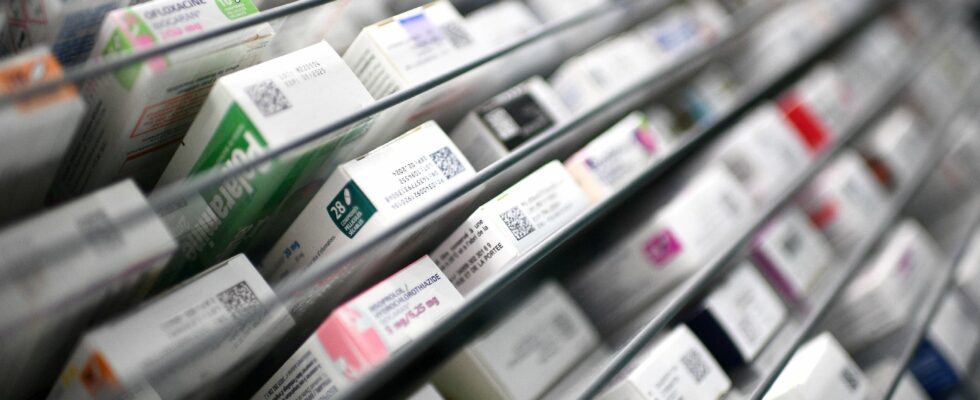Health authorities have just ordered around ten pharmaceutical companies to pay a total of eight million euros for not maintaining sufficient stocks of drugs deemed essential, they announced on Tuesday, September 24, in a context of persistent shortages. “The National Agency for the Safety of Medicines (ANSM) is imposing 8 million euros in financial penalties on pharmaceutical companies that have not respected their 4-month safety stock,” it said in a press release.
These sanctions come in a context where the law has been tightened in recent years towards pharmaceutical groups in order to strengthen their obligations regarding drug stocks. These measures, taken at a time when drug shortages are getting worse year after year, force companies to maintain stocks of two months, or in some cases four months, of drugs of major therapeutic interest. These drugs are those for which an interruption of treatment could endanger the patient’s life in the short or medium term.
Unprecedented sanctions
The sanctions announced on Tuesday, which correspond to breaches noted in 2023, are unprecedented. For 2022, barely more than 500,000 euros in sanctions had been decreed. This time, around thirty references are concerned and cover a wide therapeutic spectrum. “The breaches identified concern, for example, antihypertensives, anticancer drugs, antimicrobials, neurology drugs, etc.,” Alexandre de la Volpilière, Director General of the ANSM, explained to AFP. “Unfortunately, no class is spared from this phenomenon,” he specifies.
“On the laboratories, the main ones are Biogaran, Sandoz, Viatris: the biggest sanctions concern generic drugs, which corresponds to the main supply disruptions that we have seen in recent years,” he added. One of the biggest sanctions, for example, affects Biogaran, a French generic giant, for insufficient stocks of a molecule against hypertension, irbesartan.
These announcements were welcomed by patient associations, concerned about the worsening shortages of treatments. “It’s a good signal since before the fines were much lower,” says Catherine Simonin of France Assos Santé, which brings together many associations. She sees it as a sign that “the checks are being carried out.”
